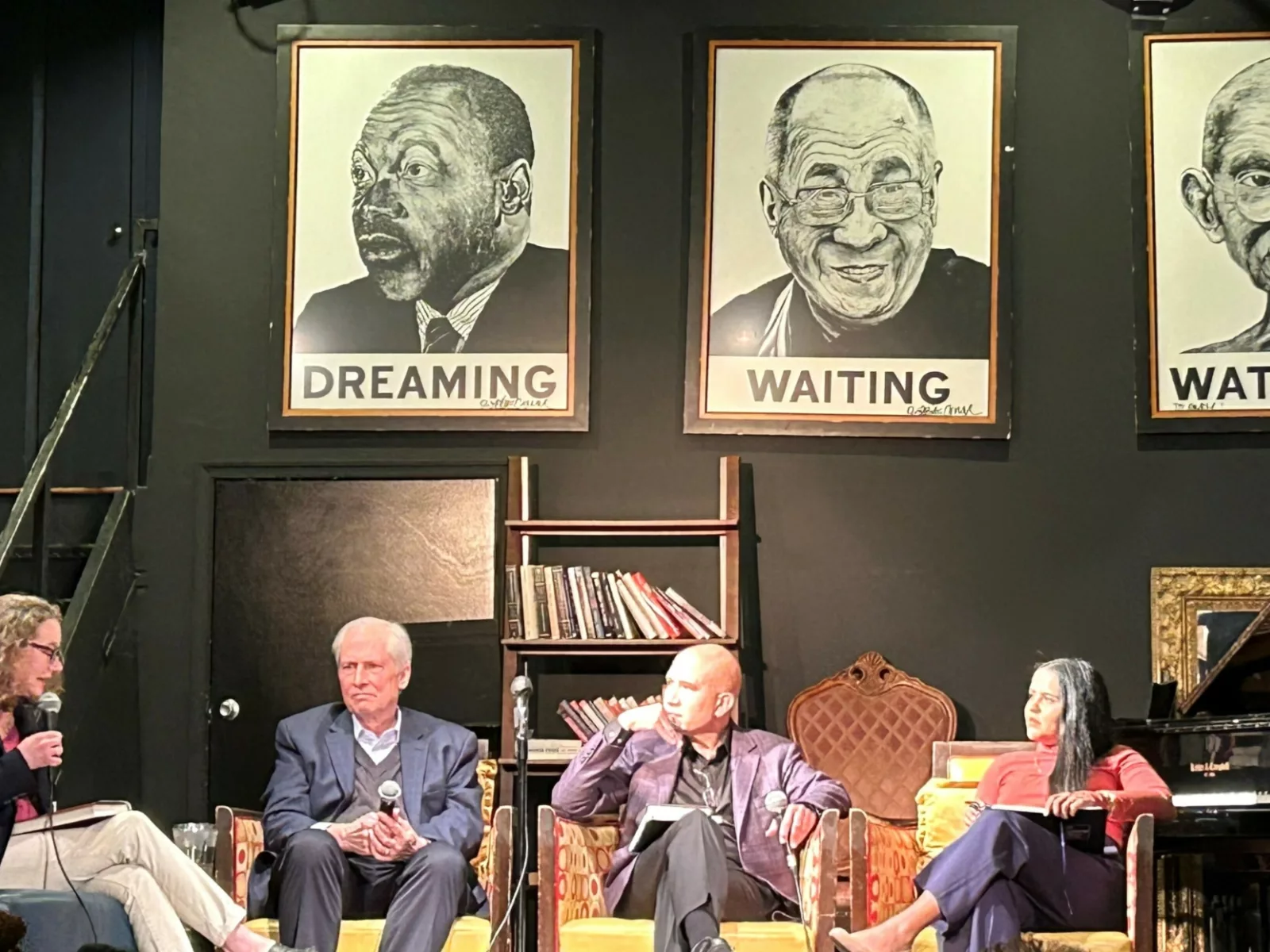This was originally posted on Advancing Pretrial Policy & Research.
One primary responsibility of pretrial services programs is to supervise people on pretrial release when required by the court. Court-ordered supervision may include court date reminders, phone or in-person check-ins, and periodic criminal history checks.
Increasingly, innovative pretrial services leaders are adopting supportive services to promote pretrial success. These services are not court-ordered. Rather, they are voluntary and intended to support a person’s unique needs. Because they are not a condition of release, they can’t be violated. In many cases, they are coordinated by a pretrial services program and access available community services and resources.
This is the second story in a three-part series featuring pretrial services leaders who have found success and confronted challenges, no matter their zip code.
New Orleans, Louisiana

In New Orleans, Louisiana, being assigned to pretrial services can sometimes result in a cup of coffee and a good conversation. De’Anna LaVigne-Lawson, the director of the pretrial services division at Orleans Criminal District Court, has seen firsthand how far that can go.
One morning, as she came into work with a cup of coffee, a man in the office said that he would like one, too. So she brewed him some coffee. She later learned he was experiencing housing insecurity and was in pretrial supervision. They developed a rapport; he would come into the office weekly and get updates on his court date and, in exchange, he received coffee and a snack like noodles or crackers. “He knew the pretrial office was a safe place,” explained LaVigne-Lawson. “It’s about being able to make a connection early on. The pretrial goal is to make sure that they don’t miss court and that they remain arrest-free.”
Since 2013, the city’s pretrial services office offered court reminders, help with job applications, state insurance applications, and referrals to behavioral health services and treatment. Although child care was not provided, pretrial services staff often sat on the bench outside the courtrooms with the children of clients.
“Children aren’t allowed in New Orleans’ courtrooms, so providing a place where parents would be assured their kid was being taken care of alleviated some of the stress that accompanies court,” explained Lavigne-Lawson.
She told the story of one woman who was in transitional housing but had no one to care for her child. Whenever she would go to court, she’d leave her toddler with Lavigne-Lawson’s team.
“We want her here in court, but we want to make sure she knows her child is safe as well,” Lavigne-Lawson said. “It’s the little things that matter.”
‘A Safe Place’
De’Anna LaVigne-Lawson shares how supportive services helped Mr. Brown — and what she learned in exchange.
New Orleans’ pretrial program also connects people to providers of substance use or mental health treatment who then conduct an assessment. The city’s public defender office is key to these connections because they’re at people’s first hearings.
In 2021, Orleans Parish received a $1.65 million grant from the John D. and Catherine T. MacArthur Foundation’s Safety and Justice Challenge in part to improve its pretrial services with community-supported services. With the courts closed and the COVID-19 pandemic ravaging the city, officials had to rethink the best use of the money. They pivoted to introduce services such as distributing cell phone credits, setting up people just released from jail with temporary housing, and creating satellite offices where people could join Zoom court.
With the jail’s population down to historic lows, LaVigne-Lawson said she’s working with the City of New Orleans to ensure that pretrial services continue to be available, knowing the difference it can make in a person’s life.
She experienced this through her brother.
He struggled with substance use and served 25 years in jail for armed robbery. “All of us went to jail, psychologically because our brother — a part of us — just wasn’t there,” she said. “If there had been services, if there had been support, if there had been an ability to redirect and address behaviors that were underlined, versus throwing him in the cell and throwing away the key, that might have made a difference.”



















